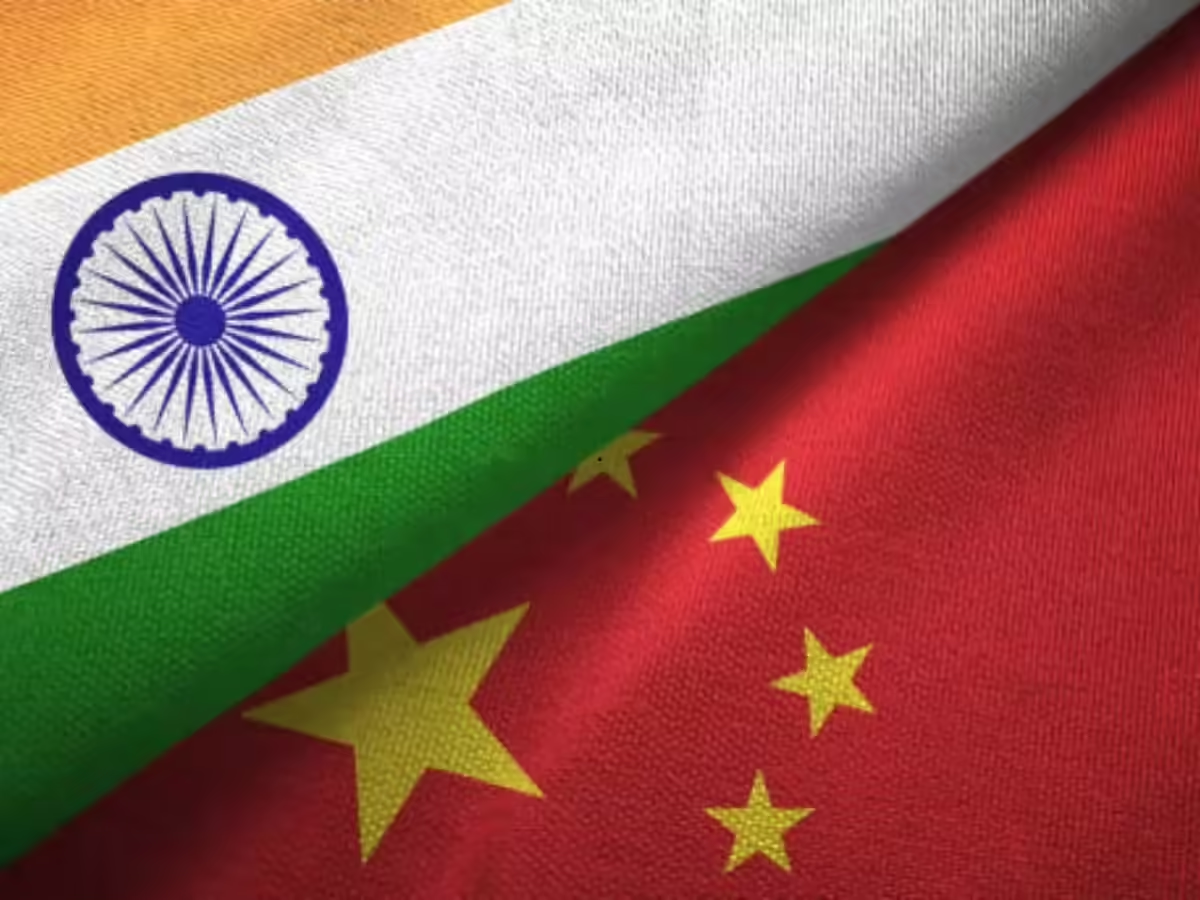Monday, 16 February 2026

India has moved decisively to protect its domestic industries by imposing anti-dumping duties on six Chinese-origin products this month. The action, based on recommendations from the Directorate General of Trade Remedies (DGTR) under the Commerce Ministry, aims to counter the influx of underpriced imports that threaten local manufacturing competitiveness.
The newly imposed duties target a range of industrial and chemical inputs critical to sectors such as pharmaceuticals, agrochemicals, polymers, and manufacturing. Among them, the chemical intermediate PEDA now faces duties ranging from $1,305.6 to $2,017.9 per tonne. Acetonitrile, a solvent widely used in pharma and specialty chemicals, will attract up to $481 per tonne in duties on imports from China, Russia, and Taiwan.
Similarly, Vitamin A Palmitate imported from China, the European Union, and Switzerland has been slapped with duties of up to $20.87 per kilogram. Insoluble Sulphur, used in the tyre manufacturing industry, now carries duties of up to $358 per tonne on imports from China and Japan. Another chemical, Potassium Tertiary Butoxide, which serves as a catalyst in pharmaceutical processes and other specialty chemical applications, faces duties of up to $1,710 per tonne on imports from China and the United States. Finally, decorative paper—a key material in laminates and furniture production—will now incur a duty of up to $542 per tonne.
All these measures align with global norms under the WTO framework and are intended to ensure fair competition for Indian producers against goods that have been sold below cost or market value. Anti-dumping investigations typically assess whether such imports have materially injured domestic industries, and if so, recommend corrective duties to offset the unfair pricing advantage.
This latest move comes against the backdrop of a significantly widening trade deficit between India and China. In FY 2024–25, India’s exports to China fell sharply by 14.5 per cent, declining to $14.25 billion compared to $16.66 billion the previous year. Meanwhile, imports from China surged by 11.5 per cent to reach $113.45 billion, up from $101.73 billion in 2023–24. As a result, the trade gap ballooned to a record $99.2 billion.
This development underscores New Delhi’s increasingly proactive approach to rebalancing trade and nurturing domestic industry, particularly in critical sectors where India has either strategic vulnerabilities or potential for growth. The use of trade remedies like anti-dumping duties is part of a broader shift toward bolstering self-reliance under initiatives such as Atmanirbhar Bharat and the Production-Linked Incentive (PLI) schemes.
While the duties offer near-term relief to Indian manufacturers, experts caution that longer-term competitiveness will depend on scaling production, improving cost-efficiency, and investing in R&D. Nevertheless, the message is clear: India intends to protect its industrial base from being hollowed out by a flood of cheap imports—especially from economies with which it faces persistent trade imbalances.